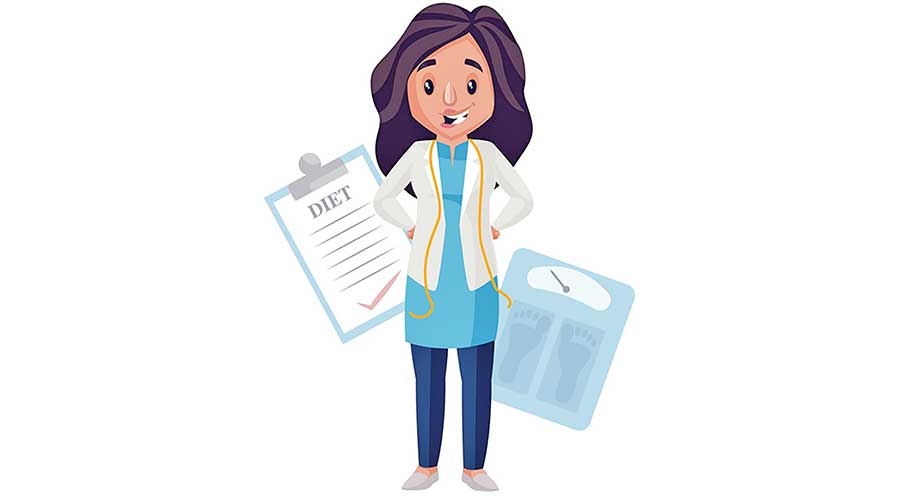ASK A PHYSICAL THERAPIST
- 13 Apr - 19 Apr, 2024

If I can only eat three pieces of fruit a day, which ones are best?
If you eat three pieces of fruit a day, make one of them citrus for the high vitamin C content and the lignans (a prebiotic fibre) in the white fibrous sections of the fruit. Your second fruit should be a berry for its high anthocyanin and carotenoids content, important cancer-fighting phytochemicals. Then choose your third from among the wide variety of other fresh fruits available seasonally in your market.
To reduce the fat in chicken, do you have to cook it without the skin or can I leave the skin on?
Chicken skin holds in moisture during cooking. Unfortunately, most of the saturated fat in chicken is found just beneath the skin. Cooking chicken without the skin can make it very dry. It absolutely requires a marinade or cooking technique that includes liquids during cooking, like stewing or braising, so that the chicken can cook thoroughly without tasting like shoe leather. One option is to cook the chicken with the skin intact to hold in moisture and remove it before eating. This has been shown to be nearly as low in fat as cooking the chicken without the skin, as long as the drippings aren’t used for gravy. To further reduce the fat, pat your chicken breast dry with a paper towel.
I've been reading that soy isn't such a great health food after all. Is that true?
Soy is a wonderful vegetable source of complete protein that’s low in saturated fats and cholesterol and rich in healthy fats, lecithin, fibre, calcium, magnesium, copper and B vitamins. However, the claims that have been made about soy being uniquely healthy as a food and supplement have become less certain as new research emerges. Claims that soy protein and its isoflavones contain unique properties that, when consumed in appropriate dosages, carry the promise of lowering cholesterol, improving bone health, diminishing symptoms of menopause, decreasing risks of breast and prostate cancer, slowing the cognitive declines of aging and degenerative brain diseases, reducing the risk of diabetes and enhancing weight loss have all fallen short of their goals. Calling soy protein and soy isoflavones “health foods” is now a very controversial topic among nutrition scientists and health agencies. You should continue to include soy in your diet and think of it as one of the other healthy foods you eat, but there is little support for – and some data against – the use of soy supplements.
COMMENTS